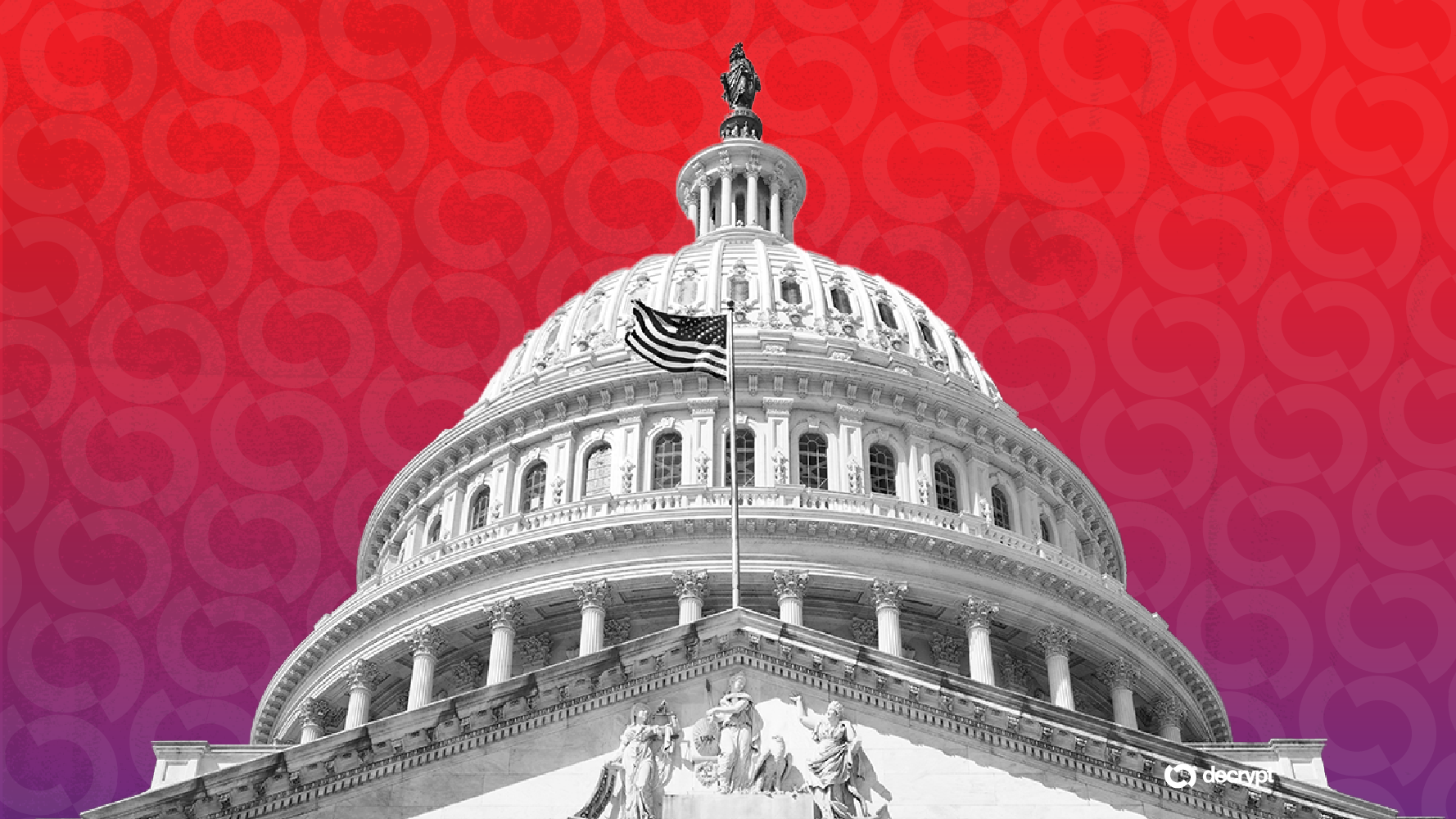Senator John Kennedy Reveals GOP Still Not Ready to Push Crypto Bill Forward

Washington's crypto legislation hits another roadblock as Republican lawmakers stall progress.
Regulatory Gridlock
Senator Kennedy's admission exposes the party's internal divisions on digital asset regulation—just when the industry craves clarity. The GOP can't seem to align on basic framework issues, leaving billions in crypto markets hanging in legislative limbo.
Political Posturing Over Progress
While traders navigate volatile markets and institutions build infrastructure, politicians keep playing regulatory chicken. Another day, another delay—Wall Street would've fired everyone by now, but in D.C., this counts as 'due process.'
Sweeping legislation
Industry experts note that the stablecoin legislation represented a targeted approach focused on one asset class, while the proposed market structure bill WOULD establish comprehensive rules across the entire digital asset ecosystem.
"Senate debate over the GOP's market structure bill highlights DEEP uncertainty about regulating digital assets," Nitesh Mishra, co-founder and CTO at hedging platform ChaiDEX, told Decrypt.
Mishra said one reason for the delay is that “traditional banks aren’t ready” for rapid change, citing risk management, compliance, and technology gaps that leave them wary of digital asset exposure.
‘Central banks often act as brakes,” he said, insisting on strict consumer protection standards and limiting direct engagement with crypto.
Without addressing those structural issues, Mishra cautioned, fast-tracking sweeping reforms “will remain unrealistic and potentially risky for broader financial stability.”
Crypto industry lobbying
The crypto industry has invested heavily in Washington lobbying to secure regulatory clarity, making the market structure legislation a top priority.
Companies view clear federal rules as essential for operating in the U.S. market under the TRUMP administration's more favorable stance toward digital assets.
The House's CLARITY Act faced pushback from DeFi advocates who said it would force platforms to implement centralized exchange-like restrictions.
Scott acknowledged in August that Democratic support for the market structure bill may be weaker than the bipartisan backing that helped pass the stablecoin legislation, estimating "somewhere between 12 and 18 Democrats will likely support the bill,” fewer than the 18 Democrats who backed the GENIUS Act.
With Republicans holding a narrow 53-seat majority, Scott needs at least seven Democrats to join a unified GOP caucus—but Kennedy's public doubts suggest even Republican unity cannot be assumed.

